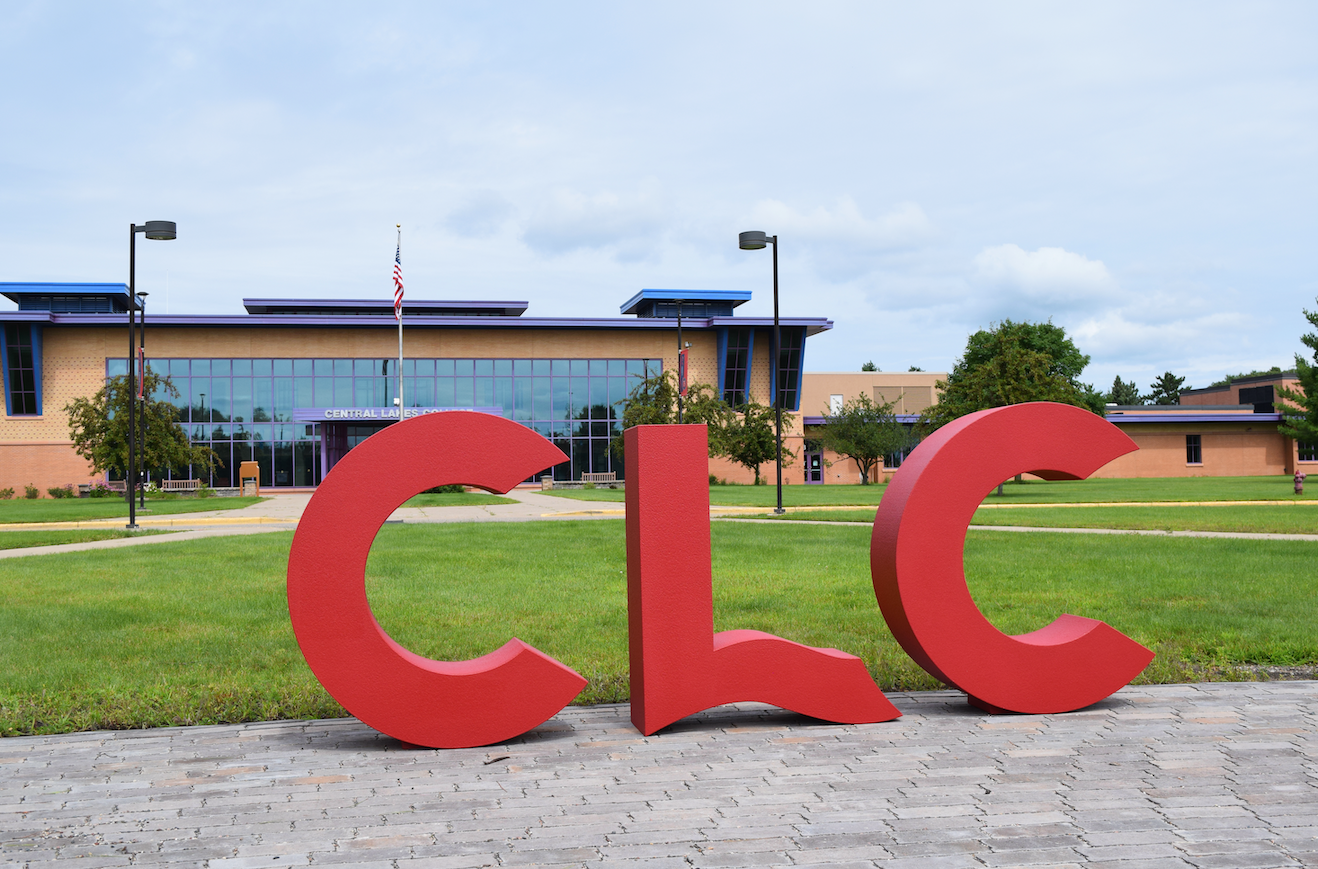Central Lakes College and AgCentric has been awarded a $584,613 National Science Foundation (NSF) grant for research on addressing the critical issue of an agricultural technician workforce gap. The agricultural equipment industry has a significant shortage of qualified technicians trained to manufacture, use, and maintain equipment–costing the economy $180 billion in lost revenue, according to a study commissioned by the Associated Equipment Distributors Foundation.
The Technical Applications in Agriculture (TAA) project will bring together community college and secondary school faculty and equipment manufacturers and dealers to develop and implement a secondary curriculum and professional development initiative.
The partners, led by AgCentric at Central Lakes College and CASE (Curriculum for Agricultural Science Education) along with Northland Community and Technical College, Ridgewater College, and industry collaborators, will leverage their resources and experience to ensure this project meets industry, student, and faculty needs in agricultural technician education.
“As the agriculture industry employs more precision technology, the demand for trained talent grows significantly, said Keith Olander, Director of AgCentric and Dean of Agricultural Studies at Central Lakes College. “This project will support high school and college programs in training youth for Technical Applications in Agriculture by building and replicating an industry led model of career readiness. Partnering education and industry is a powerful way to make an impact in a rapidly growing field of employment.”
This important project will advance national interests in health, prosperity, and welfare through educating students in manufacturing technologies for farming operations and equipment, geospatial technologies, robotics, electronics, sensors, and computer controls. The course will be designed for dual enrollment credit at post-secondary institutions. Secondary students successfully completing the course for a credential and college credit will move seamlessly into an agricultural technician training program at partnering post-secondary schools or into the agricultural technician workforce.
The TAA project’s primary goal, to create a pathway for high school agriculture students, leading to a college and industry-recognized credential, that will make a measurable impact on the agriculture technician workforce.
“The NSF grant allows a collaboration of experts in education, curriculum development, and technical skills to develop programming needed by industry and agricultural education to meet the high demand for agricultural technicians in the workforce,” said Carl Aakre, CASE Assistant Director. “The professional development and curriculum resulting from this grant will start secondary students towards a successful career path as an agricultural technician.”
 CLC News The news and events from Central Lakes College
CLC News The news and events from Central Lakes College



